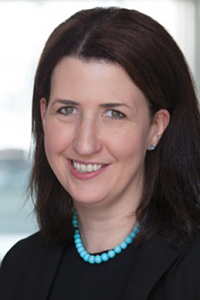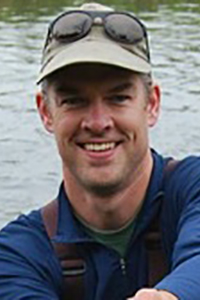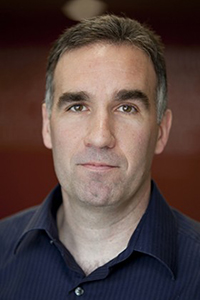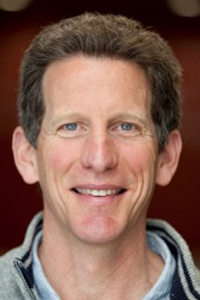
What are the impacts of our energy decisions on human health and other living communities? What about the water we drink, the air we breathe, and the soil beneath our feet? All of these things are connected in a system that makes up our environment, but we’re not always aware of where those links exist. Join us on March 29 as we talk about the public effects on air quality, energy impacts on climate (and vice versa!), and where energy, land, and water issues collide.
RSVP for this event here, as space is limited. Refreshments will be provided.
Presenters
 Tracey Holloway
Tracey Holloway
WEI Executive Committee Member
Professor, Center for Sustainability and the Global Environment
Tracey Holloway's research examines air pollution chemistry and transport at regional and global scales, especially the relationship between energy use, climate, and air quality. East Asia and the Great Lakes Region of North America are two active study regions, for which she employs regional and global models to analyze pollution emissions, chemistry, transport, and impacts. Holloway leads an air quality research program in the Nelson Institute Center for Sustainability and the Global Environment (SAGE). Holloway's research uses computer models and data to understand links between regional air quality, energy, and climate.
 Daniel Vimont
Daniel Vimont
Associate Professor, Atmospheric and Oceanic Sciences
Vimont’s research focuses on three major themes: mechanisms of climate variability and change, interactions between weather and climate, and global and regional impacts of climate change. Toward these endeavors his team uses a broad set of tools, including observational analyses, designed experiments using models of varying complexity, and theoretical analyses.
 Chris Kucharik
Chris Kucharik
Professor, Agronomy and Environmental Studies
Kucharik's research program is largely interdisciplinary, incorporating field work on cropping systems ecology and ecosystem modeling in a framework that is geared towards understanding the impacts of climate change and land management on the provisioning of ecosystems goods and services – more specifically crop and bioenergy feedstock production, water quantity and quality, carbon sequestration, and climate regulation. His field research largely takes place across Wisconsin, and he uses agroecosystem modeling tools across a continuum of spatial scales from the precision agriculture scale to the regional (e.g., Midwest USA) scale.
 Moderator: Rob Anex
Moderator: Rob Anex
Member, WEI Executive Committee
Professor, Biological Systems Engineering
Rob Anex's research looks at the economic and environmental impacts of renewable products, such as biofuels and bio-based chemicals, on agricultural and industrial systems. Anex's group uses life cycle analysis (LCA) on both small and large scales to weigh the benefits and burdens of different biological processes, and pinpoint ways that they could be improved. He is part of a collaborative project that includes researchers from 11 institutions in 9 states all working to estimate the carbon, nitrogen, and water footprints of corn production in the Midwest.
